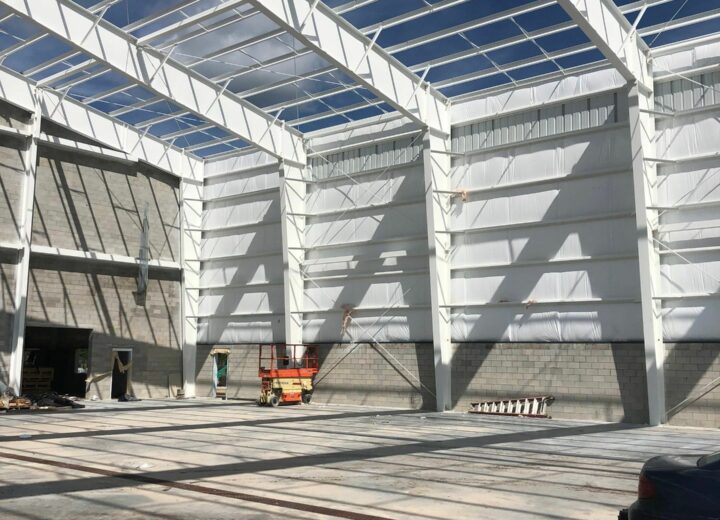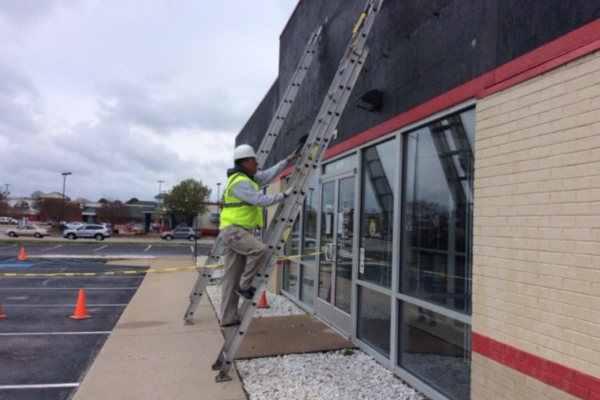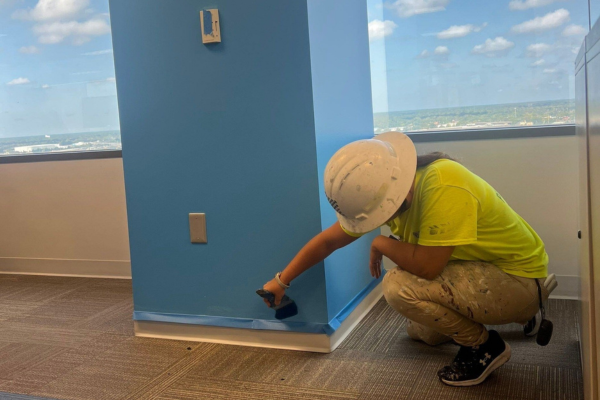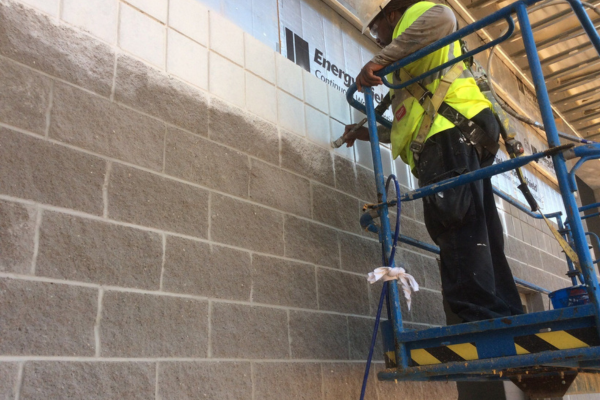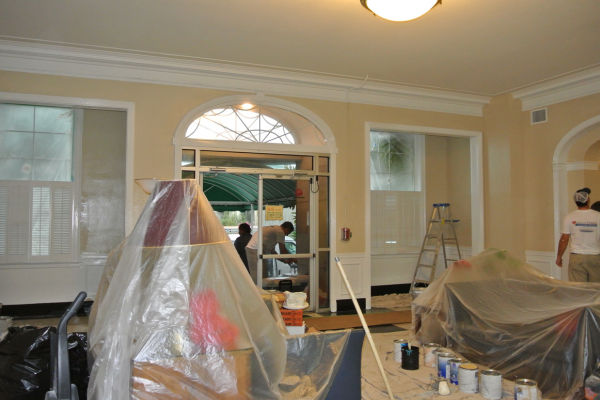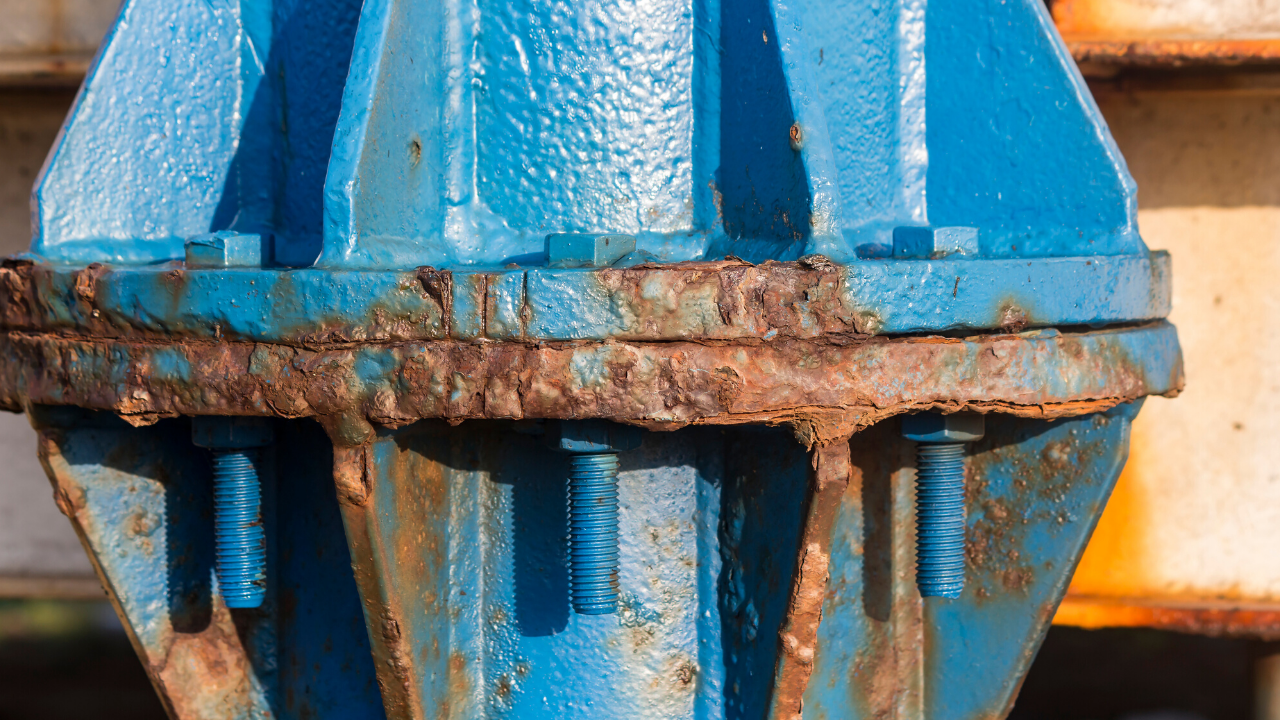 A study by the major industry association NACE (National Association of Corrosion Engineers) determined the annual cost of corrosion control in the United States is $279 billion. At the time the study was commissioned by the Federal Highway Administration, the figure represented 2%-3% of the U.S. GDP.
A study by the major industry association NACE (National Association of Corrosion Engineers) determined the annual cost of corrosion control in the United States is $279 billion. At the time the study was commissioned by the Federal Highway Administration, the figure represented 2%-3% of the U.S. GDP.
Researchers determined that up to 30% of those costs – around $83 billion – could be eliminated if established anti-rust and anti-corrosion protocols were implemented. Since then, corrosion remains an intractable problem, but advances in corrosion control have been significant.
There are several different industrial coatings with anti-corrosion properties. Many also have other performance qualities making them a good all-around industrial or commercial coatings.
It is crucial to match a coating type to the substrate and to the work environment it will applied to. With that in mind, most workplaces will require multiple different coating types. The right coating reduces corrosion, extends service life, and makes future maintenance easier. It is not uncommon to use these coatings as a base before applying other coatings to protect the surface.
In many cases, multiple coatings are applied to a single substrate or coatings are specially formulated for the task at hand. However, there are certain widely known anti-corrosion coatings suitable for a range of common situations.
Some of the best anti-corrosion coatings include:
Fluoropolymer
Fluoropolymer is a blend of high performance resins combined with fluoropolymer lubricants. They are formulated with a superior solid film lubricant that controls abrasion by substantially reducing friction. Fluoropolymer is useful in very high and very low temperature environments.
Although chosen mainly for corrosion resistance, fluoropolymer is also resistant to corrosive chemicals. It also has some degree of electrical resistance. This combination of traits makes it suitable for fasteners and OEM components, extending their lifespan.
Epoxy
Epoxy is one of the most common industrial coatings. It is often discussed in terms of epoxy flooring systems. However, it can be used throughout the industrial workplace. Different formulations of epoxy have radically different conductive and temperature resistance properties.
There are two main types of epoxy coating:
1. Air Dry Epoxy Coating
Air dry epoxy coating is exclusively used for metal surfaces. It imparts a high level of anti-rust and anti-chemical resistance. A single coat offers corrosion protection at 4-6 millimeters thickness. It is typically used in two- and three-coat systems in oil and gas facilities.
2. Thermal Cure Expoxy Coating
Thermal cure epoxy coatings offer some of the best anti-corrosion protection in demanding industrial settings. High molecular weight means exceptional impact and abrasion resistance co-exist. It is a popular coating in industries where alkali and caustic solutions are employed.
Phosphate
Phosphate is a type of conversion coating for steel and other metals. It has a crystalline structure formed on ferrous metal substrates. It is used for pretreatment before coating or painting an industrial surface. In addition to corrosion protection, it improves the friction properties of sliding components. With an appropriate oil topcoat, it can inhibit rust on threaded components.
Inorganic Zinc
Inorganic zinc is an ideal form of corrosion protection for blasted metal surfaces. It enables some of the best corrosion protection on the market and is effective against weathering, salt attack, and solvents. Coastal installations make great use of inorganic zinc coatings. We have found that many marine vessels have used this form of protection.
Inorganic zinc has the benefit of being compatible with a wide assortment of topcoats that can further enhance its corrosion protection. It works with epoxies, phenolics, acrylics, silicones, and many others. It should be considered for chemical plants and refineries as well as silos and industrial tanks.
This is only a sample of anti-corrosive coatings available today. Any painting plan should begin with a comprehensive site assessment detailing the environment and its hazards. Only with these in mind can coatings be used strategically to optimize their effects and benefits.
To find out more or get started, request your free project estimate from Performance Painting Contractors.

